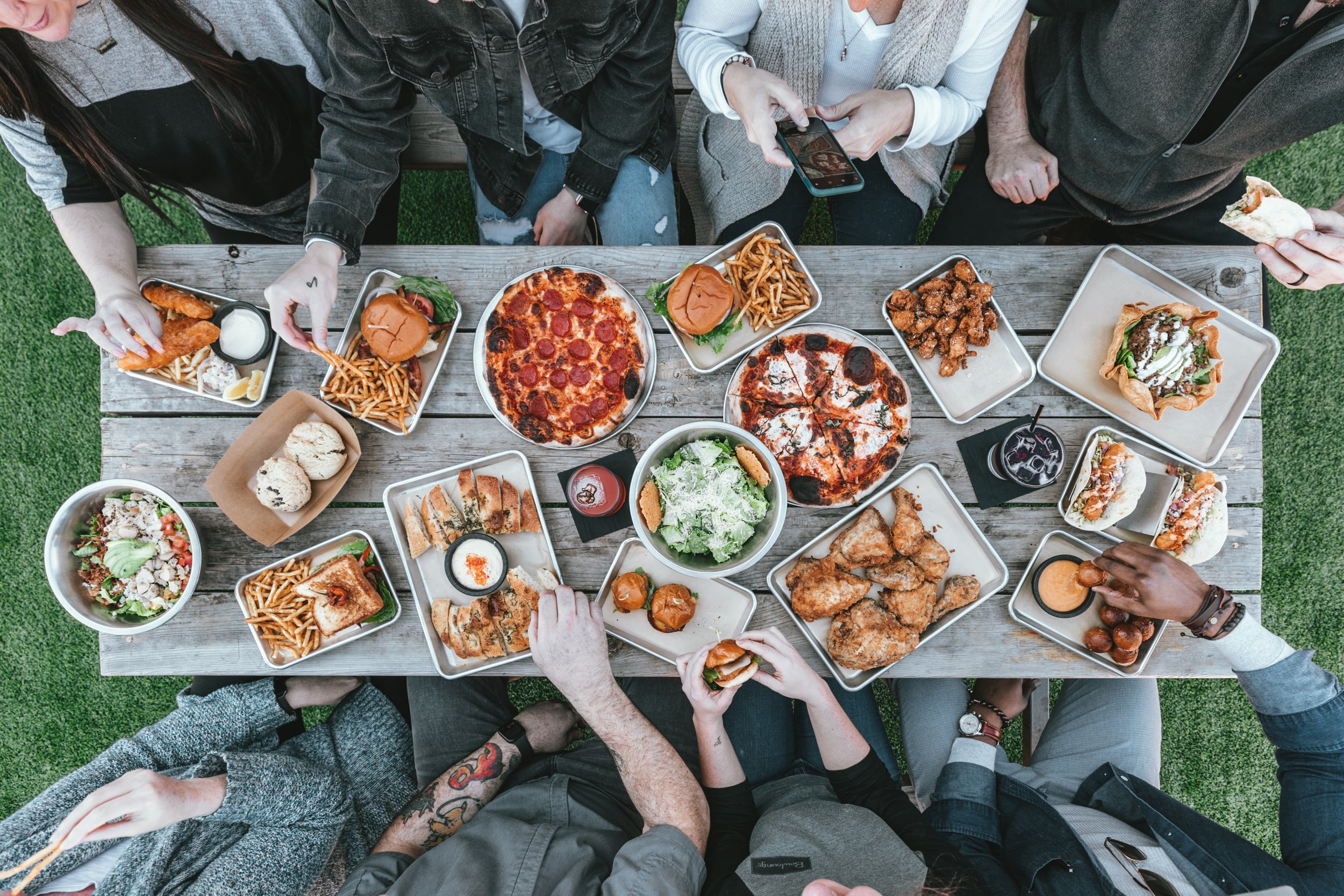5 Signs of Binge Eating
Sometimes the strongest food cravings hit when you are at your weakest or strongest point emotionally. People often may turn to food for comfort consciously or unconsciously when facing a difficult problem, feeling stressed or even feeling bored. Emotional eating is eating as a way to suppress or soothe negative or positive emotions, such as stress, anger, happiness and loneliness. Major life events including breakups, financial problems pressures, a new career or academic pursuit, as well as changes in physical health, can trigger negative emotions that lead to emotional eating and may disrupt your weight loss efforts. Although some people eat less in the face of strong emotions, if you are in emotional distress, you may turn to impulsive or binge eating, quickly consuming whatever is convenient without enjoyment. Your emotions can become so tied to your eating habits that you automatically reach for a treat whenever you are going through a emotional peak, these are the most common emotions that studies had have identified as triggers for poor eating habits.
1. BOREDOM
Eating food affects an individual level of dopamine (a neurotransmitter in the brain that plays a major role in reward-motivated behavior). To put it simply, dopamine is the brain's reward system associated with the feeling you get when achieving a goal. Even people who aren't emotional eaters will occasionally turn to food when they can't think of anything else to do.
2. ANGER
Many patients feel an uptick in anger or aggression when they are hungry. An investigation conducted at Ohio State University School of Psychology determined that ''the brain needs fuel to regulate emotions, and anger is the emotion people have the most difficulty regulating''. Our brain's primary fuel source is glucose, which your body makes from the food you eat. While your brain constitutes just 2% of your body weight, it uses 20% to 30% of the energy you consume.
3. STRESS AND ANXIETY
When you are anxious or stressed, your body releases a hormone called cortisol. This amps up may increase a feeling of hunger. Individuals under stress normally crave for food high in sugar and fat, this could be understood as an attempt of your body to ''shut off'' the part of your brain that causes you to worry, introducing on your system food that triggers the production of serotonin. There is much truth behind the phrase "stress eating." Stress, the hormones it unleashes, and the effects of high-fat, sugary "comfort foods" push people toward overeating. Researchers have linked weight gain to stress, and according to an American Psychological Association survey, about one-fourth of Americans rate their stress level as 8 or more on a 10-point scale. In the short term, stress can shut down appetite. The nervous system sends messages to the adrenal glands atop the kidneys to pump out the hormone epinephrine (also known as adrenaline). Epinephrine helps trigger the body's fight-or-flight response, a revved-up physiological state that temporarily puts eating on hold.
4. LONELINESS
Overeating out of loneliness is one of the biggest drivers toward being overweight. We naturally turn to food to nurture and nourish ourselves. It is the most obvious way to fill ourselves. It is the most common way to fill up our emotions. A 2018 study showed a link between binge eating disorder and loneliness, reinforcing what specialists around nutrition and mental health know, and it's that when we overeat we are looking for a nourishment that food cannot provide. The same study indicates that loneliness and social isolation leads to increased levels of sugar intake.
5. HAPPINESS
Food can be used as a tool to deal with any type of emotion. For an emotional overeater even positive events can spark an onslaught of overwhelming emotions that lead to a binge. We learned from childhood that a good meal is a normal part of any celebration, so it becomes difficult to separate food from feelings. The areas in our brain that help with regulation of eating, hunger and cues, signal dopamine to be released. This creates a sensation of good feelings and positive reinforcements. As we mentioned before, dopamine is our body reward center within the brain. Is the chemical that is released when we do something that makes us feel good as a reaction of happiness.
















